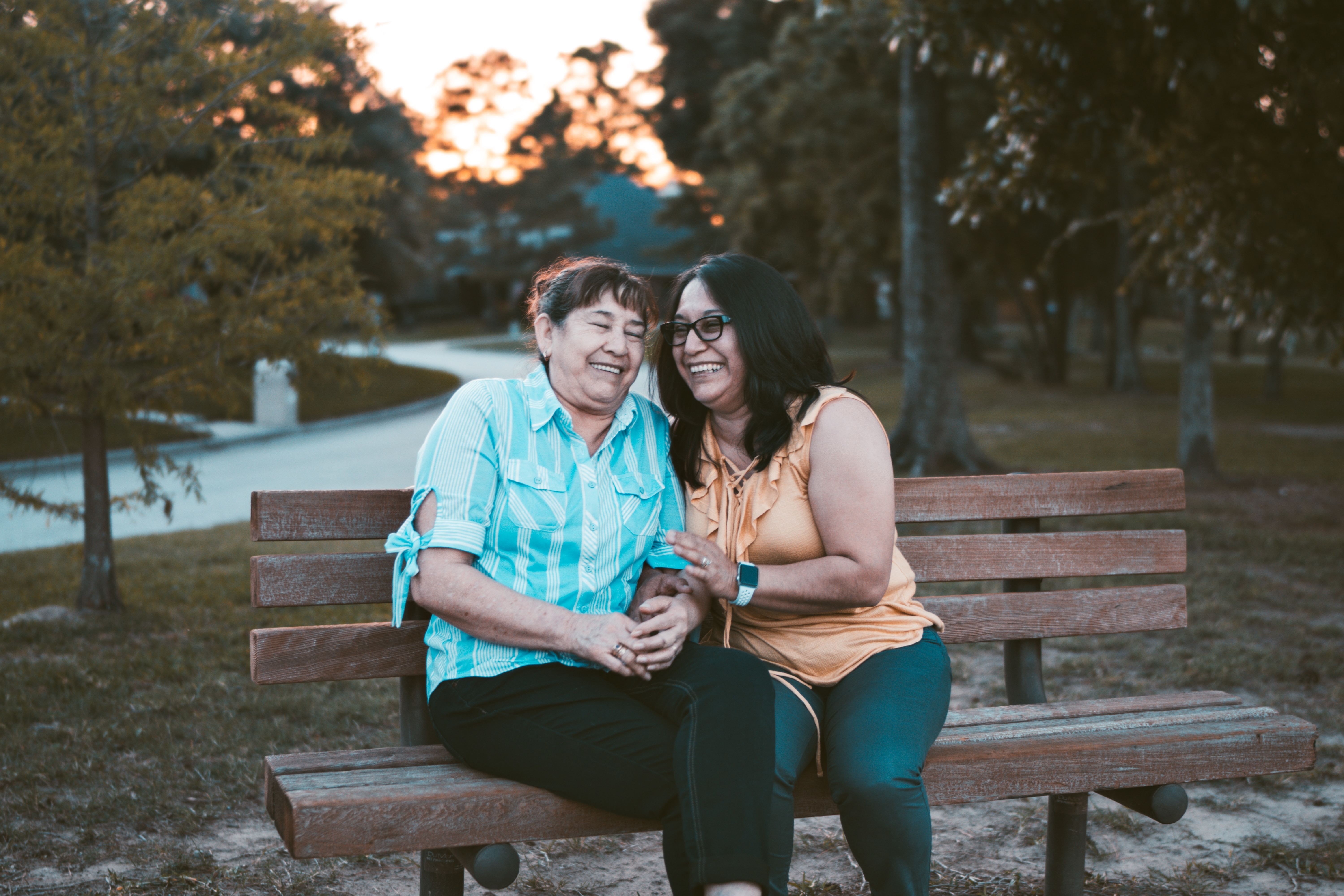Living through a Pandemic: Coping Strategies for Sjögren’s Patients
It’s the fourth month of the COVID-19 pandemic. Thousands of Canadians have tested positive for the virus and many have died. The loss of elderly residents in care homes has been unbelievably devastating. Our loved ones have become ill and died without us being able to support them and say good bye. Child care, home schooling, working at the front lines or working at home are overwhelming us. Physical and social isolation at a time when we most need human connection is really hard. The Angus-Reid Institute’s poll released at the end of April found that half of Canadians reported a worsening of their mental health with one-in-ten saying it has worsened “a lot”. Asked to describe how they have been primarily feeling, 44% identified “worried” as the best word to reflect how they have been feeling and 41% say they are “anxious”. Thankfully, one-third also say they feel “grateful”.
Sjögren’s patients are already quite aware of the long list of specific worries facing us: Am I more susceptible to contracting the virus and then developing complications? If I do get the virus, will my recovery be more difficult and take longer? What underlying conditions and immune-suppressing medications worsen my prognosis and ability to fight the virus? With all the hype and demand for hydroxychloroquine, will I be able to access the medication that I rely on? I have fatigue, pink eye, coughing, sore throat, headaches and gastrointestinal issues; is it Sjögren’s or is it COVID-19? As the economy and our communities begin to open up and loosen restrictions, should I continue to self-isolate?
Even though stress and anxiety are a normal part of life, they can be huge activators of flares for Sjögren’s patients especially during prolonged periods of time. Our symptoms become exacerbated resulting in more dryness, fatigue, inflammation and pain. Sjögren’s patients may already be more experienced and capable of managing stress during difficult times, after all, living with a chronic disease has compelled us to learn to live a healthy lifestyle and be in tune to our bodies. However, this is a good time to focus on learning and reviewing some effective coping strategies offered by experts and patients alike that may help you to cope, become more resilient during a pandemic or other crisis, and live as well as possible:
1. Begin each day with a 5-minute pause
Marion Stolte, Sjögren’s patient and Life Coach at LifePath Coaching in London, Ontario suggests we begin each day by taking a 5-minute pause to breathe, reflect, or pray in order to CALM ourselves in preparation for the day. This will allow us to be self-aware of our state of mind, our health, our surroundings and our current attitude. In this way, we can take some control of our anxiety and plan our day accordingly.
2. Practice relaxation, breathing exercises, meditation, or mindfulness
All of these practices are designed to help quiet the mind and reduce the chatter and worries. According to Janet Church, Sjögren’s patient and Chairman of the Sjögren’s Foundation, there is lots of scientific research which confirms how these activities can change the brain and calm our minds and our bodies. Check on-line for local providers who offer group and private programs including virtual options.
3. Self-care is essential
Taking care of ourselves is even more important during stressful times for people with Sjögren’s. This includes a healthy diet, staying physically active, and of course, adequate sleep. We all have a long list of medications, treatments, drops, and diet requirements that are part of our daily routine. A fellow patient shared that she feels like now that she is isolated at home, she finally has enough time for self-care.
4. Keep busy, be productive, make a new daily routine
Some of us thrive and find comfort in having a regular daily routine and a “to-do list”. This consists of creating and sticking to a schedule for work, leisure, chores, meals, physical activity and sleep. Make sure you include things that you really enjoy doing as well.
5. Be creative
Some people find solace in taking on a creative project, either something they have never tried before or never have time to do. We have all heard of people baking bread, planting a garden, decorating a room, learning to knit, or studying a new language. These activities provide both distraction and a positive mindset during difficult days. Another popular project is to create a time capsule of our pandemic experiences complete with photos, stories, clippings, and other items to document an unprecedented historic crisis.
6. Write a journal
According to Janet Church, another way to create a positive mindset is to write daily in a journal or diary to document events and feelings. Consider including:
- Three things for which you are grateful each day
- A positive strength or value that you have and how you used it that day
- How you reached out to someone and let them know they are appreciated
- Your “big wins” of the day that made you happy.
7. Being helpful helps
It feels good to give back. Participate in a “thanking hour” for health care heroes, donate to a cause that provides direct care to those disadvantaged by the pandemic, offer to pick up groceries for an elderly neighbour, reach out to someone and let them know you appreciate them.
8. Physically distancing, not socially distancing
Public health authorities are calling on Canadians to practice “social distancing,” but, in fact, we only need to be distancing ourselves physically. Humans are social creatures and we need each other now more than ever! According to the Canadian Mental Health Association (CMHA), studies have shown that social networks – which provide emotional support, companionship and opportunities for meaningful social engagement – have a beneficial effect on mental-health outcomes, stress reactions, psychological well-being and self-esteem. Find ways to stay connected to other people by videoconference, phone, and social media. Set a goal to check in with two people every day.
9. Seek help when you can no longer cope
This pandemic feels like it could continue for a long time and change how we live our lives. The sustained stress and anxiety of physically distancing has left many of us feeling alone or isolated from friends and family. For those experiencing heightened anxiety and depression in this time of stress, you may need extra support from a professional. Start with your family doctor, or a psychologist, therapist or social worker. Many mental health practitioners offer virtual therapy via videoconferencing or telehealth. We need to be able to express our problems and worries out loud.
10. Seek credible information about COVID-19
Stay informed by checking information provided by experts and credible sources like Health Canada, World Health Organization, and our provincial and local public health professionals. We need to acknowledge that there is still so much that is not known about the virus. Be wary of what’s posted on social media and know when it’s time to unplug!
11. Sjögren’s Society of Canada (SjSC)
And finally, please remember that the SjSC is here to help and we are just a phone call or e-mail away. During the COVID-19 pandemic, we will continue to support and advocate for Sjögren’s patients across Canada providing relevant information regarding precautions, underlying conditions, and potential shortages of medications. Our local support group leaders may be holding meetings via videoconferencing and are available to be a listening ear when you need it.


